Carpineto Romano, la città delle 11 chiese
Ecco la traduzione in inglese del testo:
Carpineto Romano is a village rich in history and spirituality, known as the “town of 11 churches.” A unique heritage that tells centuries of art, tradition, and community life.
Here are the eleven churches located in the town:
Church of Santa Maria del Popolo
Church of San Pietro Apostolo – famous for once housing a painting attributed to Caravaggio
Collegiate Church of Saints John the Baptist and Evangelist
Church of San Leone Magno – commissioned by Pope Leo XIII in 1882
Church of Sant’Agostino – with the ancient Augustinian convent, dedicated to the town’s patron saint
Church of San Nicola – now deconsecrated, home to the Museum of Relics of Leo XIII
Church of San Michele Arcangelo
Church of San Sebastiano
Church of the Most Holy Annunciation
Church of San Giacomo Maggiore
Church of San Giovanni Evangelista
From our B&B, you can set off on a true itinerary to discover these sites: a journey through art, silence, breathtaking views, and the stories of a village that proudly preserves its roots.
Come and discover Carpineto and its churches: not just places of worship, but authentic pages of local history.
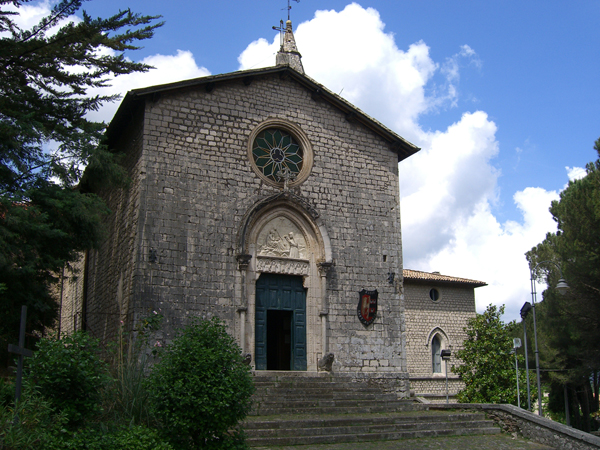


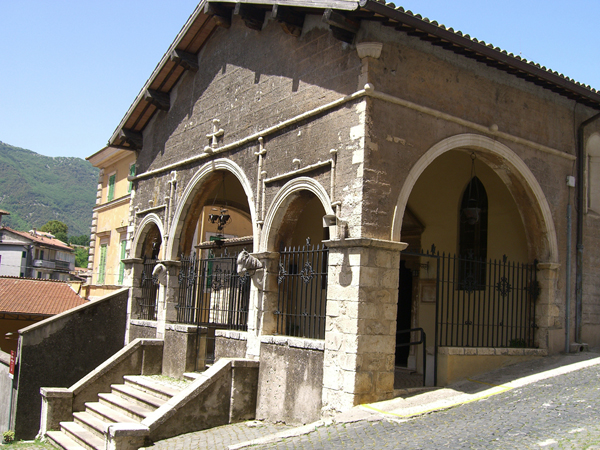
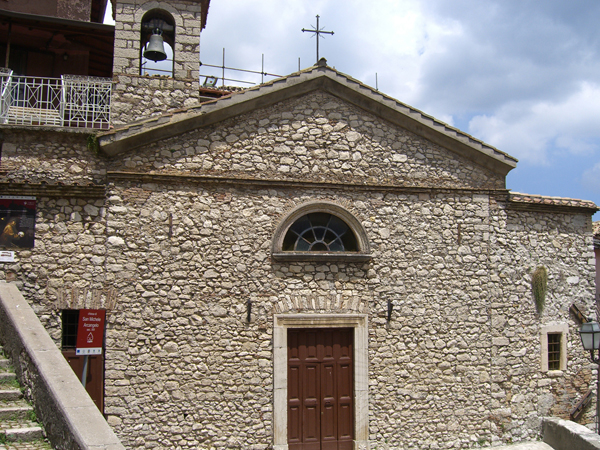
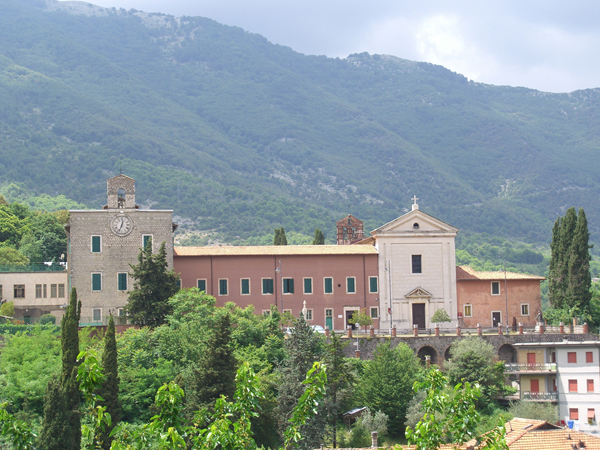
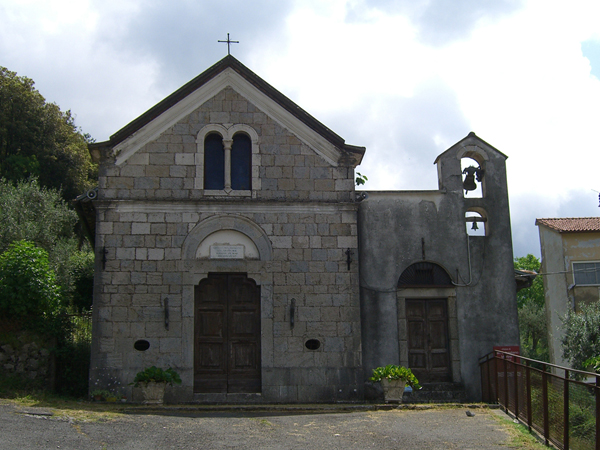

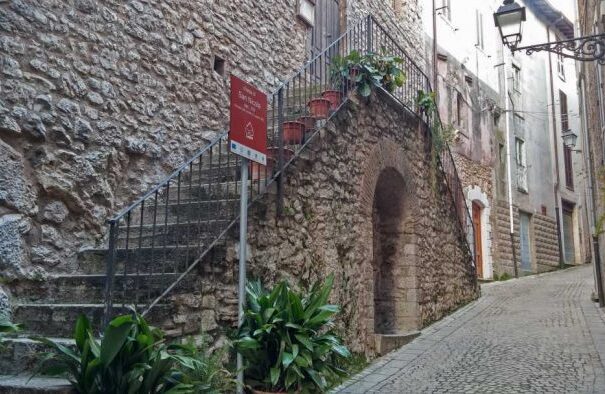
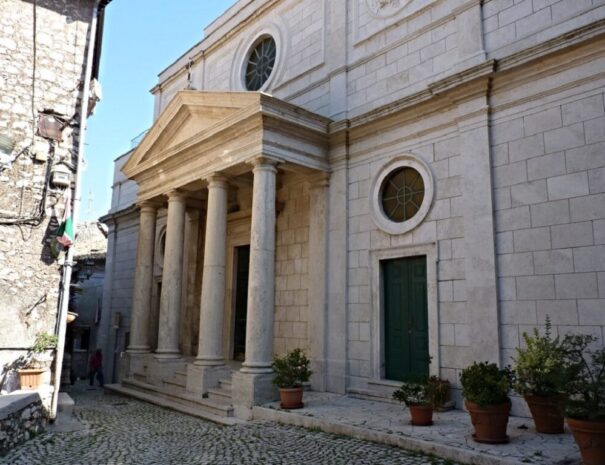
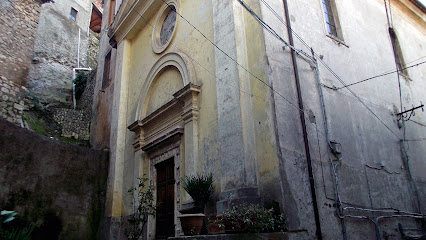
Richard McClintock, a Latin scholar from Hampden-Sydney College, is credited with discovering the source behind the ubiquitous filler text. In seeing a sample of lorem ipsum, his interest was piqued by consectetur—a genuine, albeit rare, Latin word. Consulting a Latin dictionary led McClintock to a passage from De Finibus Bonorum et Malorum (“On the Extremes of Good and Evil”), a first-century B.C. text from the Roman philosopher Cicero.
It’s difficult to find examples of lorem ipsum in use before Letraset made it popular as a dummy text in the 1960s, although McClintock says he remembers coming across the lorem ipsum passage in a book of old metal type samples. So far he hasn’t relocated where he once saw the passage, but the popularity of Cicero in the 15th century supports the theory that the filler text has been used for centuries.
And anyways, as Cecil Adams reasoned, “[Do you really] think graphic arts supply houses were hiring classics scholars in the 1960s?” Perhaps. But it seems reasonable to imagine that there was a version in use far before the age of Letraset.
And anyways, as Cecil Adams reasoned, “[Do you really] think graphic arts supply houses were hiring classics scholars in the 1960s?” Perhaps. But it seems reasonable to imagine that there was a version in use far before the age of Letraset.
Richard McClintock, a Latin scholar from Hampden-Sydney College, is credited with discovering the source behind the ubiquitous filler text. In seeing a sample of lorem ipsum, his interest was piqued by consectetur—a genuine, albeit rare, Latin word. Consulting a Latin dictionary led McClintock to a passage from De Finibus Bonorum et Malorum (“On the Extremes of Good and Evil”), a first-century B.C. text from the Roman philosopher Cicero.
It’s difficult to find examples of lorem ipsum in use before Letraset made it popular as a dummy text in the 1960s, although McClintock says he remembers coming across the lorem ipsum passage in a book of old metal type samples. So far he hasn’t relocated where he once saw the passage, but the popularity of Cicero in the 15th century supports the theory that the filler text has been used for centuries.




